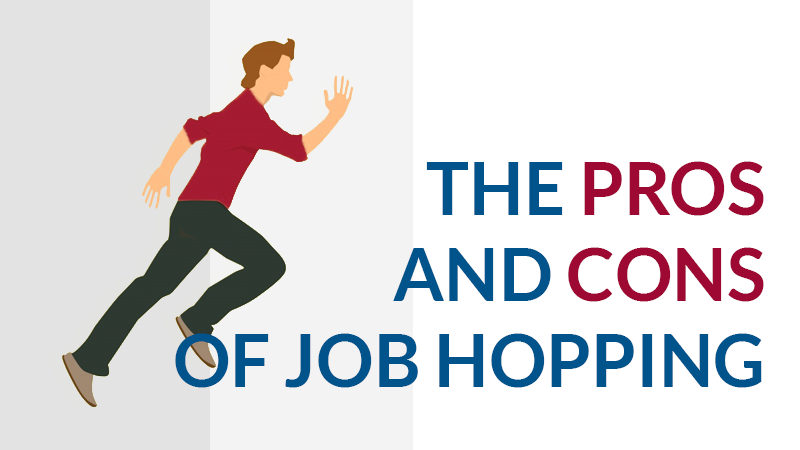
When it comes to contract work as an aircraft mechanic, there is a never-ending cycle of starting a new job, ending a contract (or leaving early), looking for a new job and doing it all over again, and again, and again. Changing jobs frequently can have a huge impact on your career, so let's talk about the pros and cons of job hopping so you can decide for yourself when you are in that position again.
Benefits of Changing Jobs as an Aircraft Mechanic
Sometimes there are great reasons to switch jobs. Let's review a few of them.
-
A new opportunity might be an advance in your career or give you more experience on an aircraft/skill you haven't worked with previously.
-
Different positions are sometimes in new locations which can be exciting and fun.
-
Going to another location allows you to build new social and professional relationships, which is important when your job requires moving to new locations frequently.
Drawbacks to Changing Jobs Too Frequently
While there may be some benefits to changing jobs frequently, it's not always in your best interest. Consider the following feedback our recruiters have heard from many conversations with hiring managers the next time you are considering changing jobs before your contract has ended.
If you change jobs too frequently, you may get a reputation as a job hopper and this may affect your ability to get hired for the best jobs.
Job hopping can be a sign of instability and a lack of commitment to the employer. It's expensive to complete the hiring process, especially in the aviation industry, so employers are hesitant to hire contractors that have a history of leaving a job before the contract is finished.
If your employment history shows a number of short-term jobs, it may make it harder to get new jobs, and may risk losing benefits you could be eligible for if you had a longer-term position. For example, at Strom Aviation, If you haven't worked in the last 30 days, you will lose any employment benefits you have been eligible for.
Travel pay for a new contract might look like a quick cash option, but it's rarely worth the expense of moving to another location, transporting your tools, wear-and-tear on your vehicle, researching new housing options, etc.
Every contractor has unique circumstances around why you may decide to change to a new position. Use this information to guide your decision to take a different job and remember that your recruiter is there to help you make these decisions. Strom recruiters have your best interest at heart and want to see you succeed by getting great jobs and earning a reputation as a stable, reliable employee.